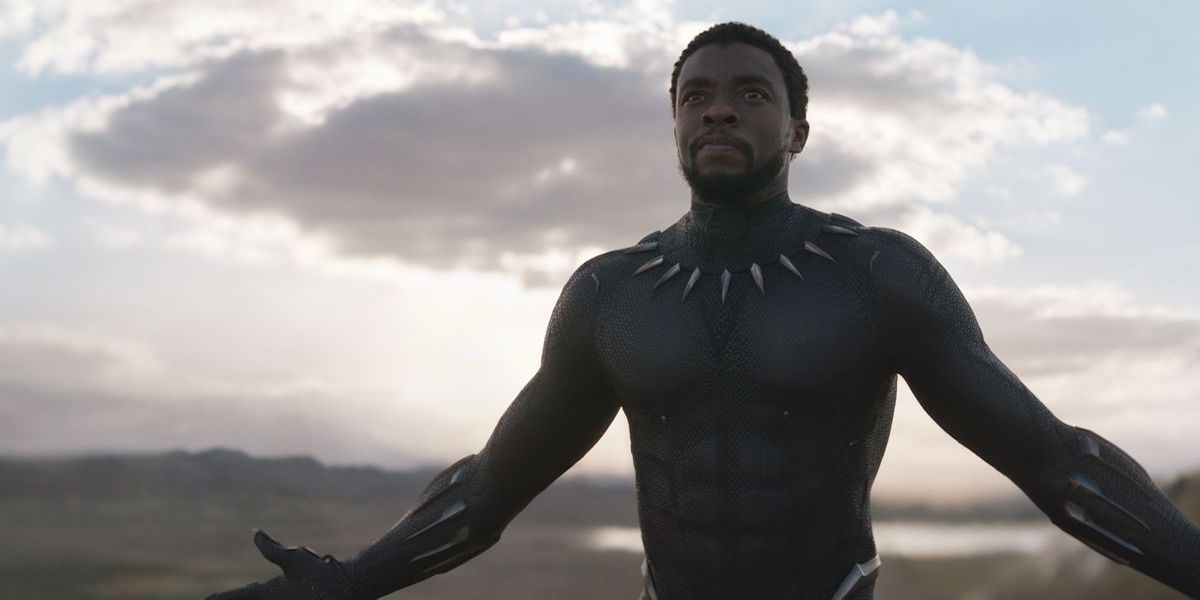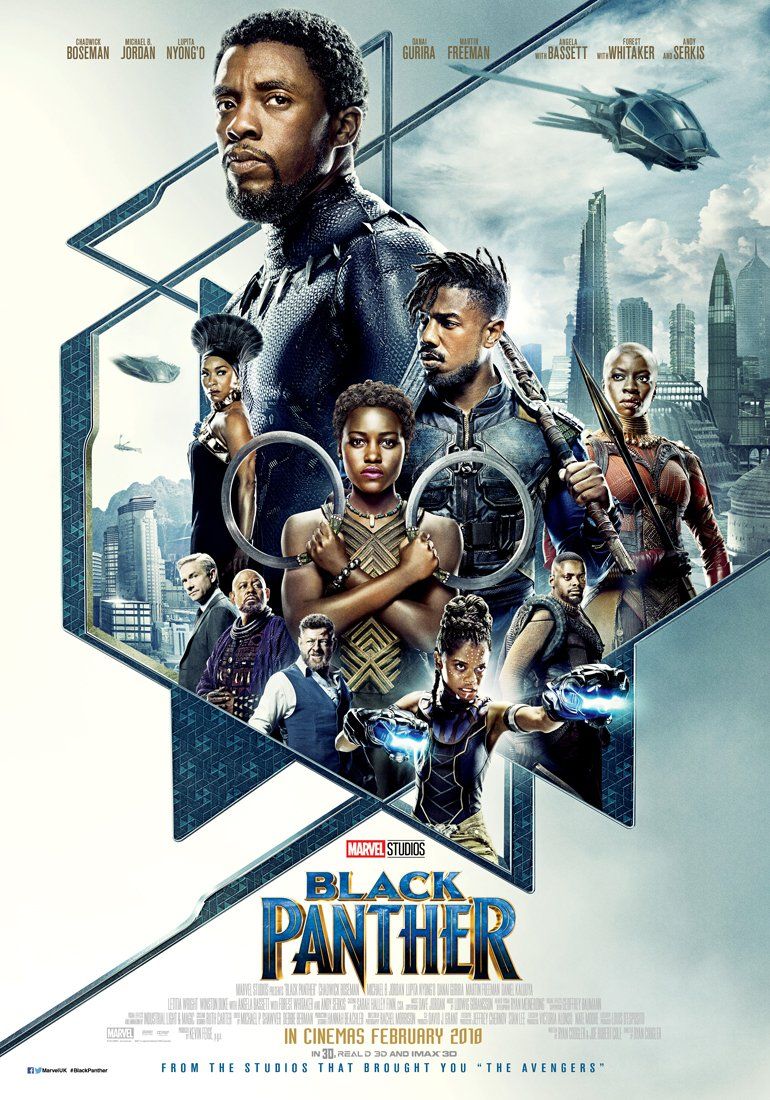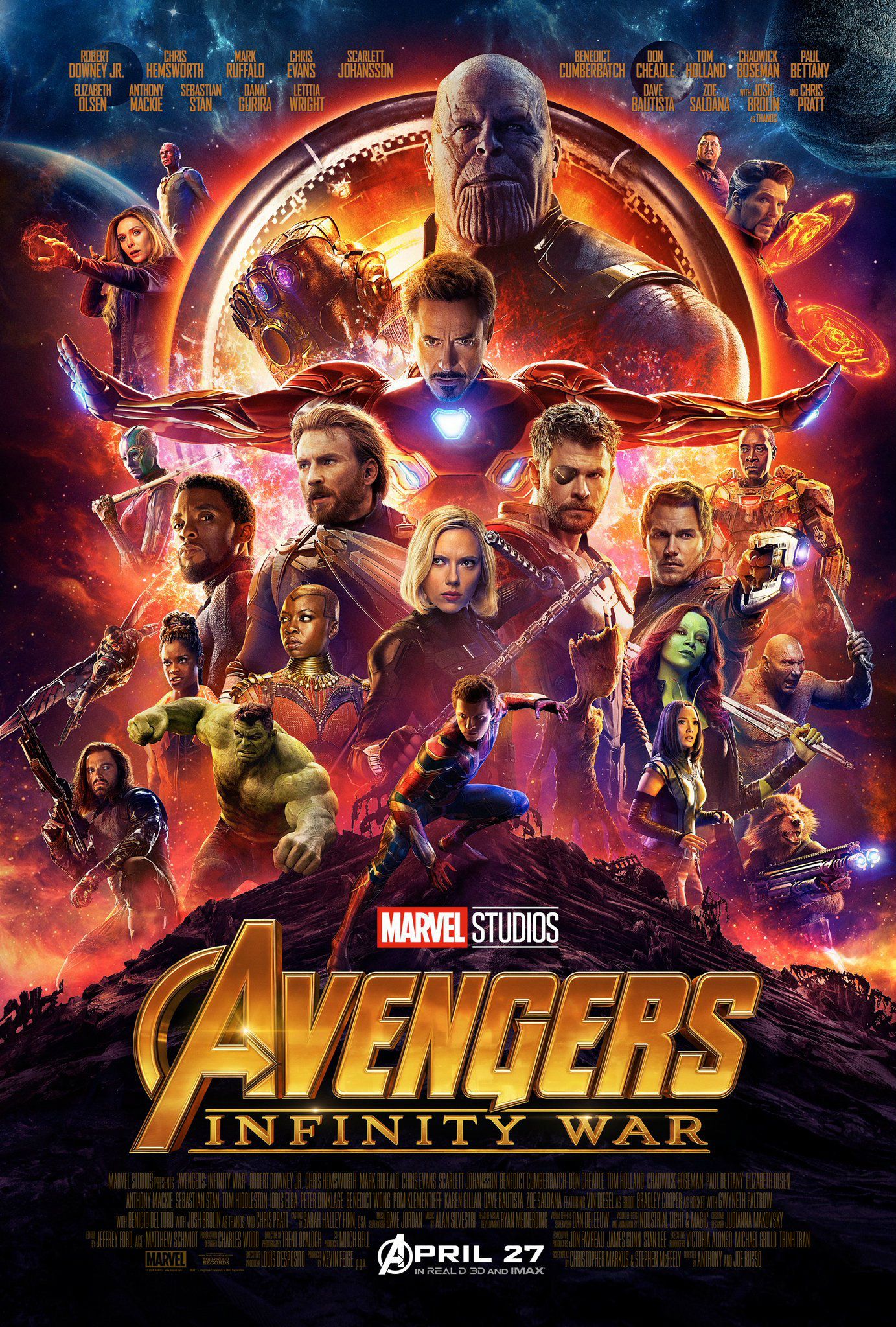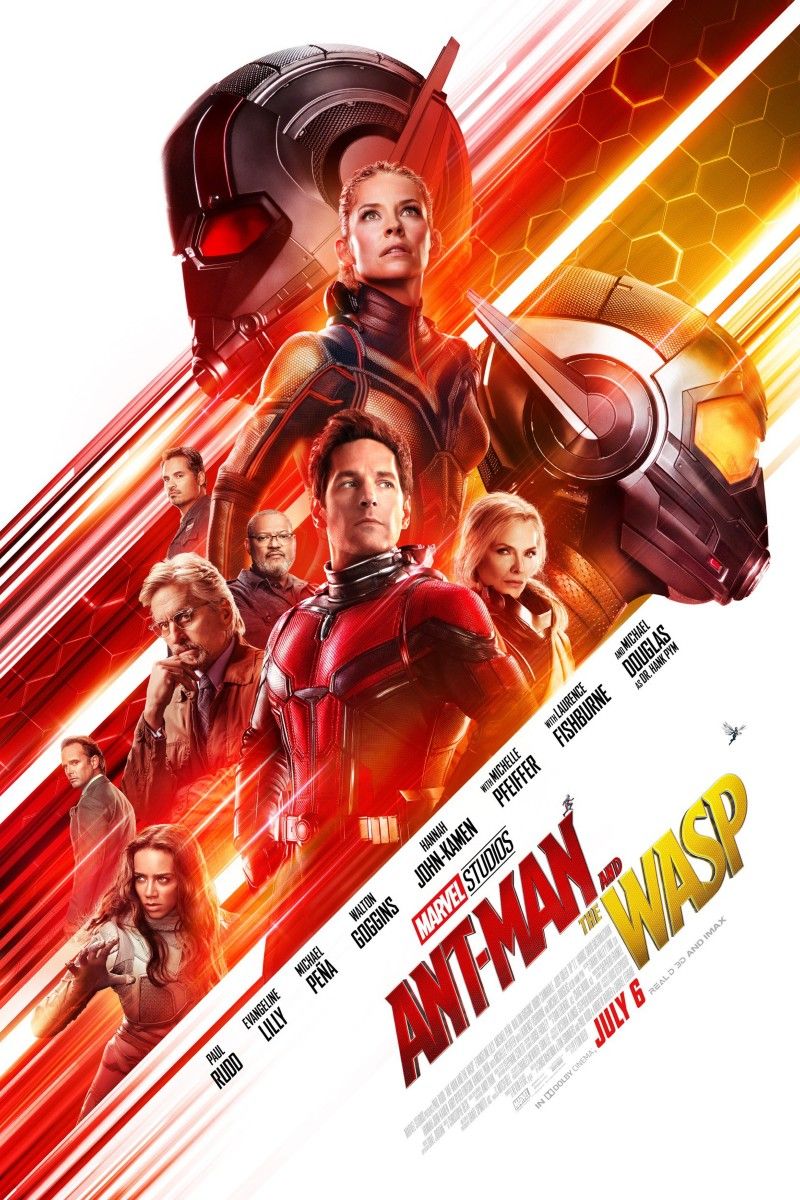After years of waiting, Marvel has finally brought Black Panther onto the big screen. Directed by Ryan Coogler (Creed) and starring Chadwick Boseman as the eponymous superhero, Black Panther is poised to become one of Marvel Studios' most critically and commercially successful releases ever (it's holding a 98 percent rating on Rotten Tomatoes).
With all the hype surrounding the movie, and given how important Wakanda is to the Marvel Cinematic Universe, people may wonder why it's taken Marvel Studios so long to adopt the character in the first place. While that's a long, multi-pronged answer, the simple version is: They didn't always have the rights.
Related: Black Panther Is Now Certified Fresh On Rotten Tomatoes
Columbia Pictures Tried Making Black Panther in the 1990s
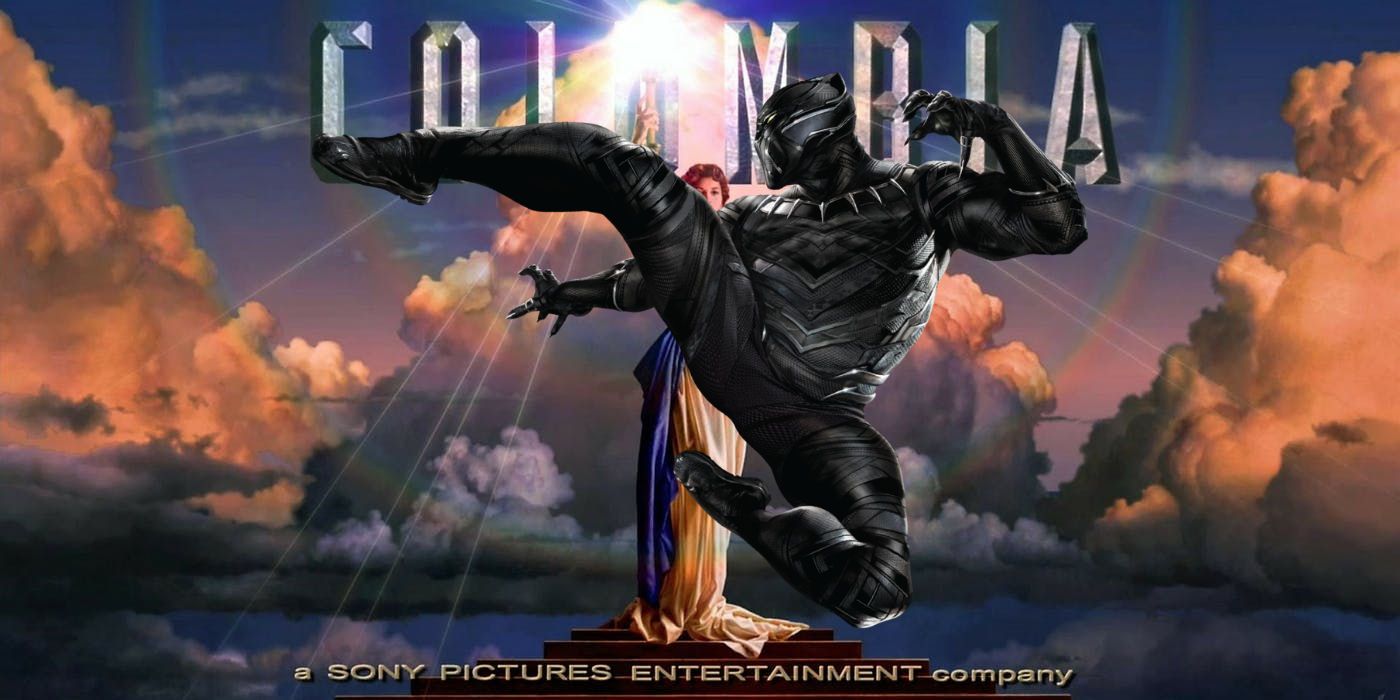
Marvel Entertainment sold the film rights to some of their biggest characters in the 1980s and 1990s to Hollywood's major studios, in some cases to offset the possibility of bankruptcy. Quite a few of those film rights have since returned to Marvel Studios (such as Daredevil and Ghost Rider), but a number of them - namely Spider-Man and the X-Men (though Disney/Marvel may soon obtain X-Men's rights through acquisition) - still remain with other movie studios. One character that was sold early on, and has since returned to Marvel, is Black Panther, a.k.a. T'Challa - the King of Wakanda.
Columbia Pictures originally acquired the Black Panther rights from Marvel along with the rights to Spider-Man and Ghost Rider in the early 1990s. And they were looking to develop an adaptation in 1994 with Wesley Snipes in the title role (though the actor had been campaigning for the part for quite a while by that point). Black Panther co-creator and Marvel Comics editor, Stan Lee, boarded the project later that year and helped move the film into pre-production within a few months. Unfortunately, Black Panther remained at that stage for a few years. It wasn't until 1996 rolled around that Lee admitted to being dissatisfied with the scripts that he was given, and it was difficult for Snipes to get people to understand that he wanted to play a comic book character, not a civil rights revolutionary.
Snipes recently recalled that the studio was searching for the next, up-and-coming black writer and director in Hollywood (via THR), such as Mario Van Peebles and John Singleton, but no one was cut out for making the type of film that Snipes (and the studio) wanted. Ultimately, Snipes felt that they couldn't land the perfect combination of writer and director who understood what Black Panther was and why it was important to make such a film. Also, the technology at the time hadn't reached a point in which a Black Panther film was feasible, at least not in the way that Snipes envisioned. And so, Columbia's Black Panther film stalled out.
Black Panther's Rights Went to Artisan and Then Back to Marvel
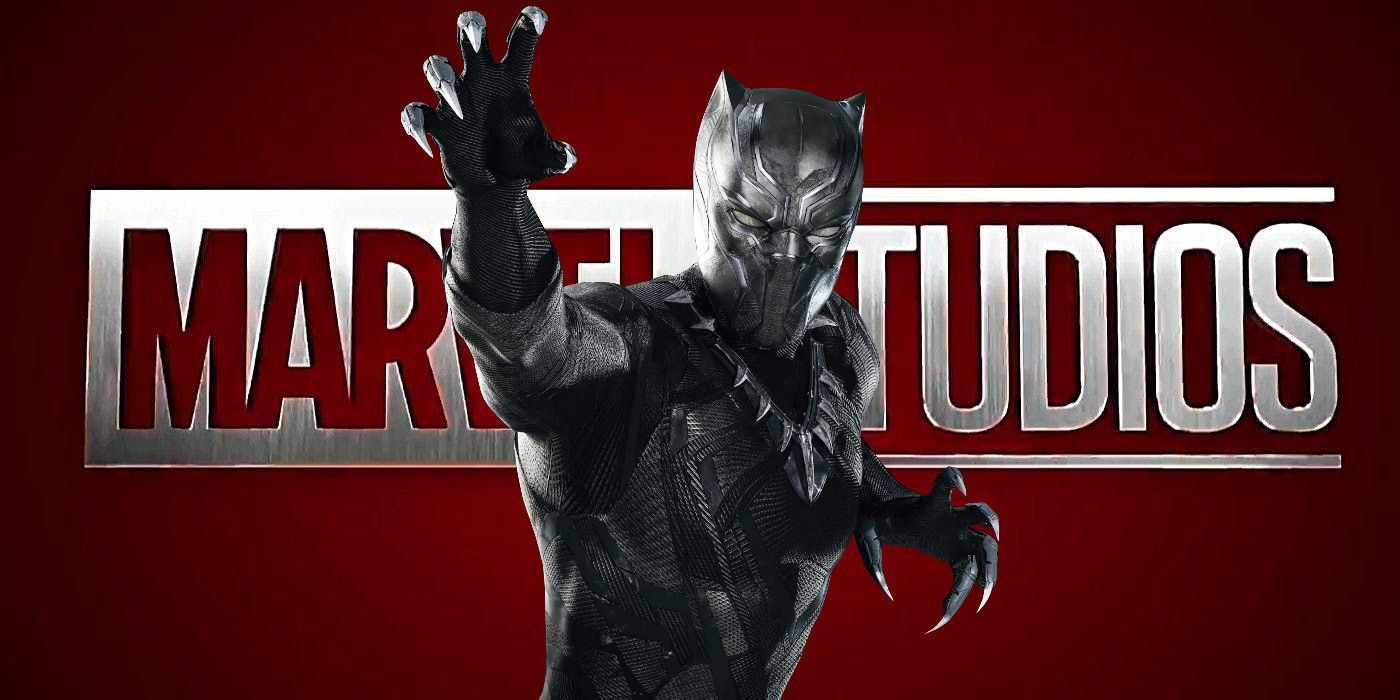
Then, in 2000, The Blair Witch Project studio Artisan Entertainment acquired the rights to Black Panther and tried getting their own adaptation off the ground. It was part of a massive co-production deal with Marvel Studios to produce adaptations of up to 15 of Marvel's biggest characters, including Thor, Deadpool, Captain America, and Iron Fist. That deal also included potential live-action TV shows, but unfortunately, it never went anywhere. And in 2003, Lionsgate Films acquired Artisan Entertainment and inherited their deal with Marvel Studios. It was around that time that Snipes got back onto the Black Panther train, but he was already tied up with doing Blade 3. Lionsgate was never interested in making a Black Panther movie, and so, the rights eventually reverted to Marvel.
After spending years developing movies with Sony, Fox, Paramount, and others, Marvel decided they wanted to take charge and be the sole creative force behind their films, only having outside studios as distributors. So, in September 2005, Marvel changed their name to Marvel Entertainment and subsequently borrowed $525 million from a handful of creditors in order to get the ball rolling on producing their own movies. The plan was to develop 10 blockbusters with productions up to $165 million each, with Paramount and Universal distributing each movie domestically and globally. It's unclear exactly when Marvel made a deal with Lionsgate to reacquire the rights to certain characters, but Black Panther was one of the first to return home to Marvel in 2005.
Iron Man was reacquired from New Line Cinema in November 2005, with Thor, Hulk, and Black Widow reverting back to Marvel at various points in 2006. And that was when everything started to fall into place for Marvel, as they were gearing up to launch the Marvel Cinematic Universe in 2008. Unfortunately, despite being among the first characters to return to Marvel, the live-action Black Panther movie spent over a decade in development hell. Marvel Studios president Kevin Feige mentioned at the time that Black Panther was on Marvel's official slate, and Snipes even discussed looking for a director for the adaptation.
In 2007, talks with Singleton to direct the film reignited, and things looked like they were finally starting to move forward, despite Snipes being unhappy with the filmmaker's pitch for the movie. But, again, the creative minds behind the project couldn't agree on which direction to take Black Panther. So, Black Panther sat on the backburner, gestating for several years while Hulk, Thor, Captain America, and Iron Man saw multiple releases on the big screen. It wasn't until 2014 that Black Panther finally got off the ground, with Chadwick Boseman playing the eponymous character. And now, Ryan Coogler's Black Panther, with a script from Joe Robert Cole, is poised to become a breakout hit for Marvel Studios. It just took, oh... 24 years to happen.
More: Everyone NOT In Marvel’s 10 Year Anniversary Cast Photo
